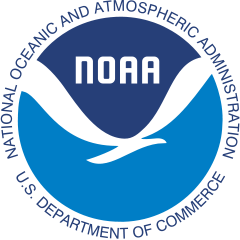Vaishali Naik plays a leading role in international climate assessment
When the Intergovernmental Panel on Climate Change (IPCC) releases its Sixth Assessment Report on August 9, Vaishali Naik and many of her colleagues at the Geophysical Fluid Dynamics Lab (GFDL) contributed to the scientific results.
IPCC is the United Nations body for evaluating the state of science related to global climate change, which issues updated research reports approximately every seven years.
“The report itself is an assessment of the scientific literature on climate change, including its connections with air pollution,” Naik said.
As a physical scientist at GFDL, she is a part of the biogeochemistry, atmospheric chemistry and climate division for the National Oceanic and Atmospheric Administration laboratory in Princeton, New Jersey.
She studies the interactions between atmospheric chemistry and climate – the impact of climate change on air pollution and how air pollution affects the climate.
Naik is a coordinating lead author of the chapter on “Short-lived Climate Forcers,” contained within the upcoming Working Group I Sixth Assessment Report.
Based at Princeton University, GFDL has pioneered much of the world’s climate change modeling research since 1955. Researchers lead the international scientific understanding of physical, dynamical, chemical and biogeochemical processes governing Earth’s climate. Its scientists study the atmosphere, ocean, land and ice as they interact with ecosystems. These studies produce a better understanding of hurricane behavior, weather and ocean prediction, seasonal forecasting, regional and global climate change, and more.
As a child growing up in India, Naik said she saw first-hand the impacts of air pollution on the environment. This ultimately led to her involvement in studying atmospheric science as an adult.
“I wanted to do something related to the environment,” Naik said. “It became clear to me during my studies that pollutants are not just harmful for human health, but they also impact the climate.”
Naik said GFDL scientists develop the global models to simulate the behavior of the Earth system and how it might evolve in the future. Knowledge gained from these model results then contribute to the science assessed in the IPCC report.
“Something that will come out of this report is the role of air pollution and the complex interactions between air pollution and climate change,” Naik said. “We provide information that could be used to make informed choices about how air pollution and climate change can be tackled together.”
For more information on the IPCC Sixth Assessment Report head to: https://www.ipcc.ch


